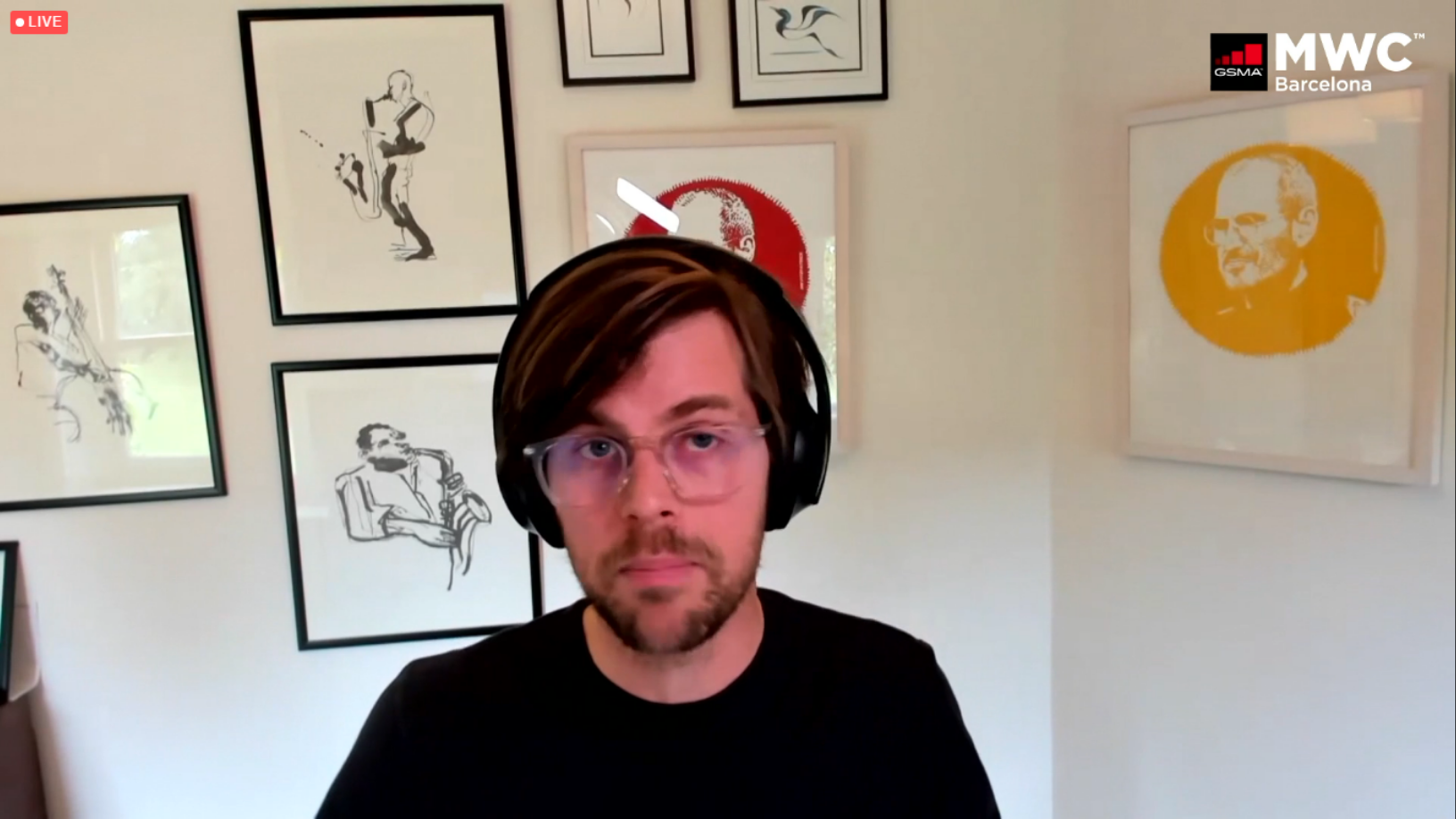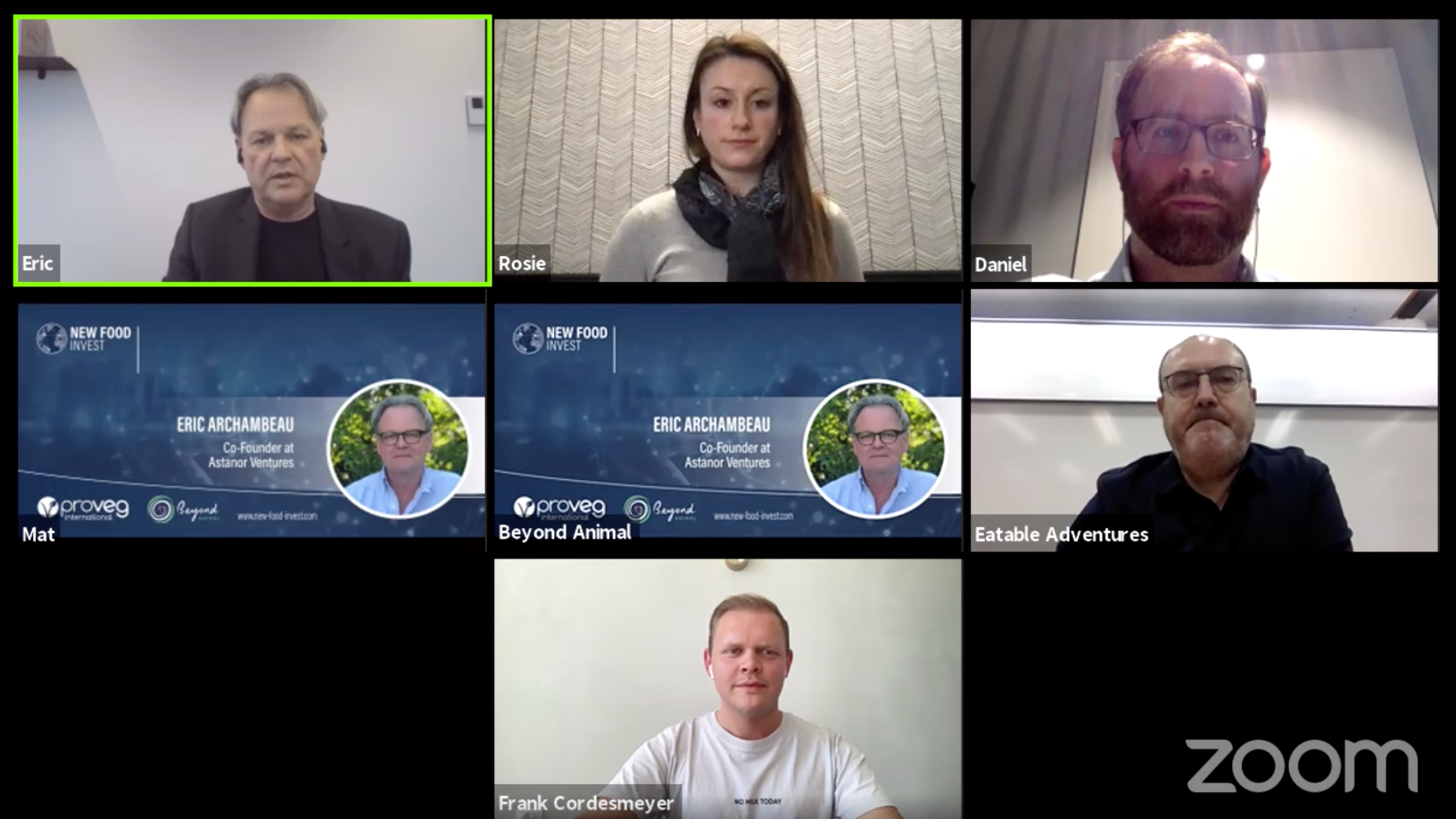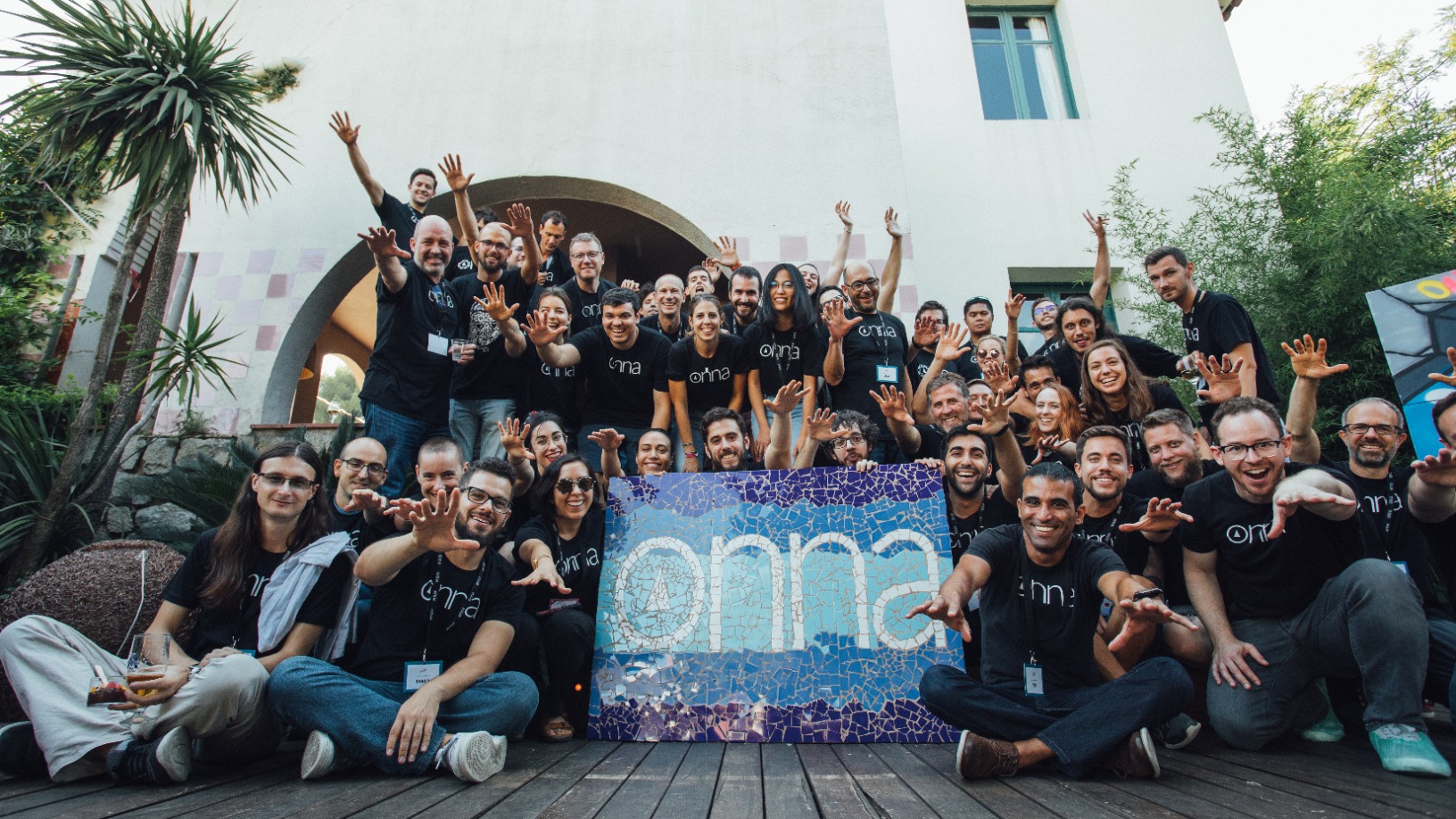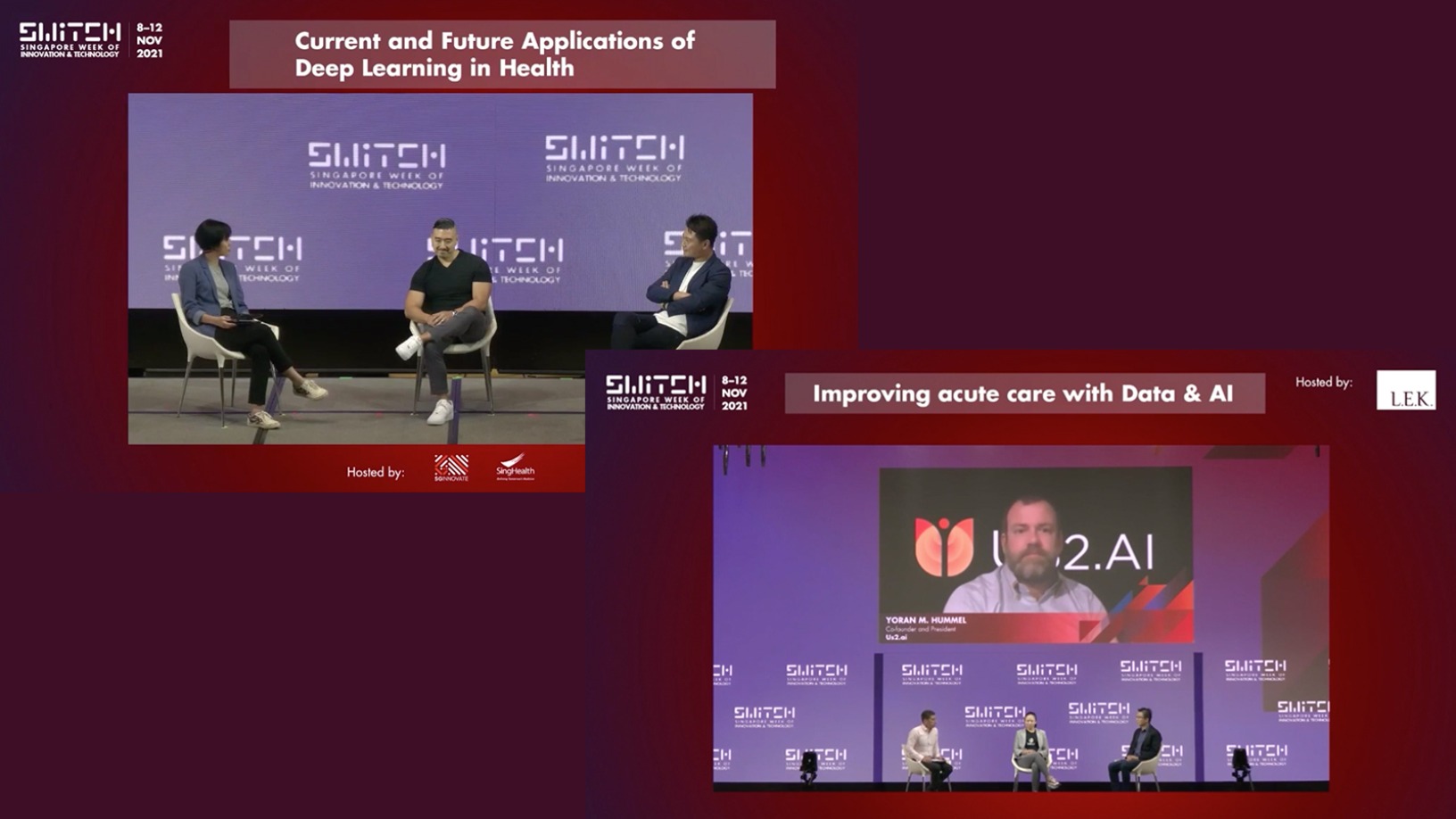In a session titled What's Next for Europe's Venture Scene at this year's hybrid in-person and virtual Mobile World Congress and Four Years From Now (4YFN) conference held from June 28 to July 1 in Barcelona, participants heard expert opinions on current and upcoming trends in the European VC space from investor stalwarts.
Swede Mattias Ljungman, who co-founded one of Europe's earliest and most successful early-stage VCs, London-based Atomico in 2006, and Carlos Trenchs, the Spanish co-founder and managing partner of new early-stage VC Aldea Ventures, who moderated the session, discussed the unprecedented scale of Europe's VC investments in startups despite the Covid-19 pandemic.
Atomico has offices in Paris, Beijing, São Paulo, Stockholm and Tokyo. Among the unicorns in its portfolio are Skype, US sustainable mobility leader Lime, data integration platform Onna and Finnish food delivery company Wolt. Ljungman's latest venture is as co-founder of Moonfire, which recently closed its first fund worth $60m, specifically for pan-European seed and pre-seed investments in around 30 companies.
Trenchs is better known as the former head of Caixa Capital Risc, the VC division of one of Spain's largest banks, CaixaBank, and one of southern Europe's most prolific seed investors, where he worked for 16 years. His VC, Aldea Ventures, has just secured €60m investment for its target €100m fund to invest in 700 technology-enabled startups across Europe.
The following discussion has been edited for length and clarity.
Trenchs: Can you tell us about Moonfire and its main difference from Atomico?
Ljungman: We focus on pre-seed and seed investing across Europe in fintech, the future of work, gaming and community and also around ehealth. I believe that there's a really big opportunity in the seed stage. A lot is going on at Series A and above, but early stages have been overlooked, and we're seeing some amazing firms being produced across Europe. If you compare it to other ecosystems in the US and China, the seed stage in Europe is still at the earliest phases, and we need more firms helping at that most important, crucial phase.
How has seed capital investment evolved over the years in Europe?
If we look at 2005, just before Atomico's founding, the total amount of money invested into European startups was around €3.2bn. Last year, the investment was €40bn. I believe we're going to have another record year. I think we're looking at €50bn–€60bn because we're already at €20bn invested [in the first half of 2021]. Also, [since 2005], the investment community has grown by 25 times, with an annual growth rate of 24%, outpacing China and the US. In terms of the number of VC firms, there were about 240 firms in 2005. Today, we have over 2,000 companies that are actively investing.
Do you think investing has involved itself as a sector?
In 2005, a single market identified companies at the early stage and financed through different stages. Now, we see seed investors, traditional venture funds backing Series A and so on, and late-stage investors from hedge funds and private equity firms. Also, before, we had generalist investors only; now, we are seeing more vertical- and tech-oriented specialist investments.
Europe is absolutely booming across growth stages, and we're also seeing international money coming in as well. This concept of Zoom investing and the death of geography, where international or national boundaries really no longer matter, is also shaping this environment. Europe now has over 100 billion-dollar companies. Just in the last quarter, we produced 16 new unicorns, compared to 15 all of last year. The verticalization of investment makes a lot of sense because the ecosystem is getting so much bigger than it was before.
Europe now has over 100 billion-dollar companies. Just in the last quarter, we produced 16 new unicorns, compared to 15 all of last year
What's also exciting is the domino effect, where success is breeding success. For example, in fintech, Klarna, an early investment I made, leads the way with a €45bn+ valuation. Then came companies like Transferwise, and now you have Bonzo, Revolute and many other great companies. You see great founders coming from these companies, and they're creating a really strong ecosystem in which individual angels are now investing. The quality is way higher than ever before, and specialization has become more important. Investing at earlier stages creates a different mindset in the way you're supporting and analyzing businesses, very different from later-stage companies. Coverage on a pan-European basis is becoming more important as we see a sort of clustering effect of new companies being created.
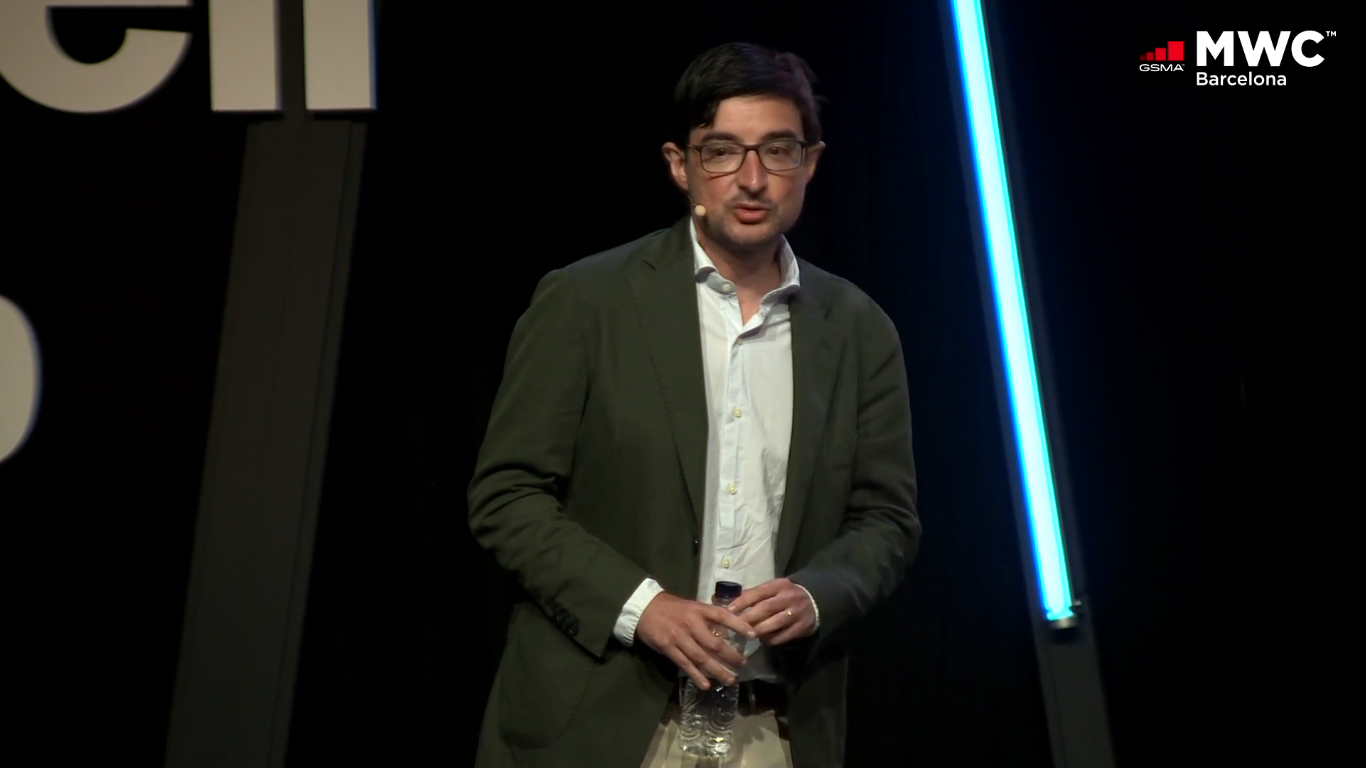
Seed investing used to be local, but not anymore. Why is this happening, and has Covid boosted remote access to startups?
I invested in Helsinki-based Skunkworks completely remotely, just as I have invested in London-based companies face-to-face. The quality of founders is unlike ever before. Every year, we're getting better and stronger founders because the ecosystem is getting better and stronger. There is more knowledge, information, advisors and engagement. Before, when you were trying to find some top-class angel investors, it was hard for a specific segment. Today, we're able to identify the people that are really going to help you grow. Another thing is that cities are competing for talent and people moving from one city to another.
Europe is becoming much more diverse. Now, there are plenty of new hubs having talent and also attracting it. What is your vision of Europe compared with the more mature US market?
I think the pandemic has opened eyes even more. You can be based anywhere in Europe, so that's really exciting, and it's going to have a ripple effect across communities. These 100+ billion-dollar companies come from 16 different cities, so it is very pan-European, and they are bringing competencies and knowledge into these cities. It's also exciting that we are making use of the great European universities. For example, every country in Europe has thought of building the best engineering institute in the world, which differs a little bit from the US, where each state probably doesn't have that mentality.
Great engineers come out of Portugal, Spain, France, Germany, and, by the way, let's not forget eastern Europe. Romania has just been unbelievable, with, for example, the success of UiPath, a company coming originally from Bucharest, which became a €30bn+ business in five years. Also, it's not just entrepreneurs making companies successful. It is happening at many different levels, whether it's an investor with a lot of experience or those working in design.
We're also benefitting from multinationals like Facebook or Google who are building strong teams within Europe. It is extremely useful to have that interplay between serial entrepreneurs from the unicorns, which are becoming like a factory pushing out a new generation of founders, but also with these global corporates as well.
We used to say that venture is not a financial business; it's a people business where access to networks was key. How are you, being in London, trying to identify companies across Europe?
We believe that VC firms should be powered by technology to scale everything we do. We still have a very much thesis-driven approach, but technology allows us to become more efficient, helping us find the next generation of founders. We have a database of 1.4m founders that we consult, analyzing attributes etc. We also use it to help our founders to identify and recruit high-end people. By sharing the institutional knowledge that we have across all of the different companies in our portfolio, we provide something unique to build up their knowledge and understand what the benchmarks are and what they need to achieve. This is not like opining on what should be but using data and facts.
What are the challenges still in the European ecosystem compared with other mature markets?
For me, the biggest issue that we have at the moment is how we can move things even faster than before. To me, the investor community is something that is going through big changes with new firms like yours focusing on certain parts of the market. It's really about time and reducing the cycles, and my belief is that's already happening, and that's why we see this explosion that happened in the last [two] quarters. The concept that Europe is actually at the same level or close to the same level as China is a huge advancement that we should not underestimate.
